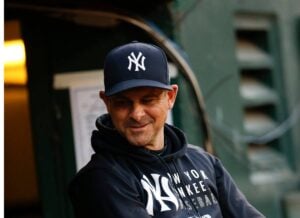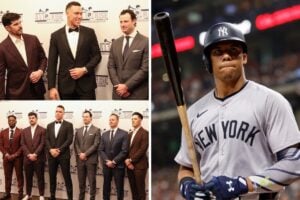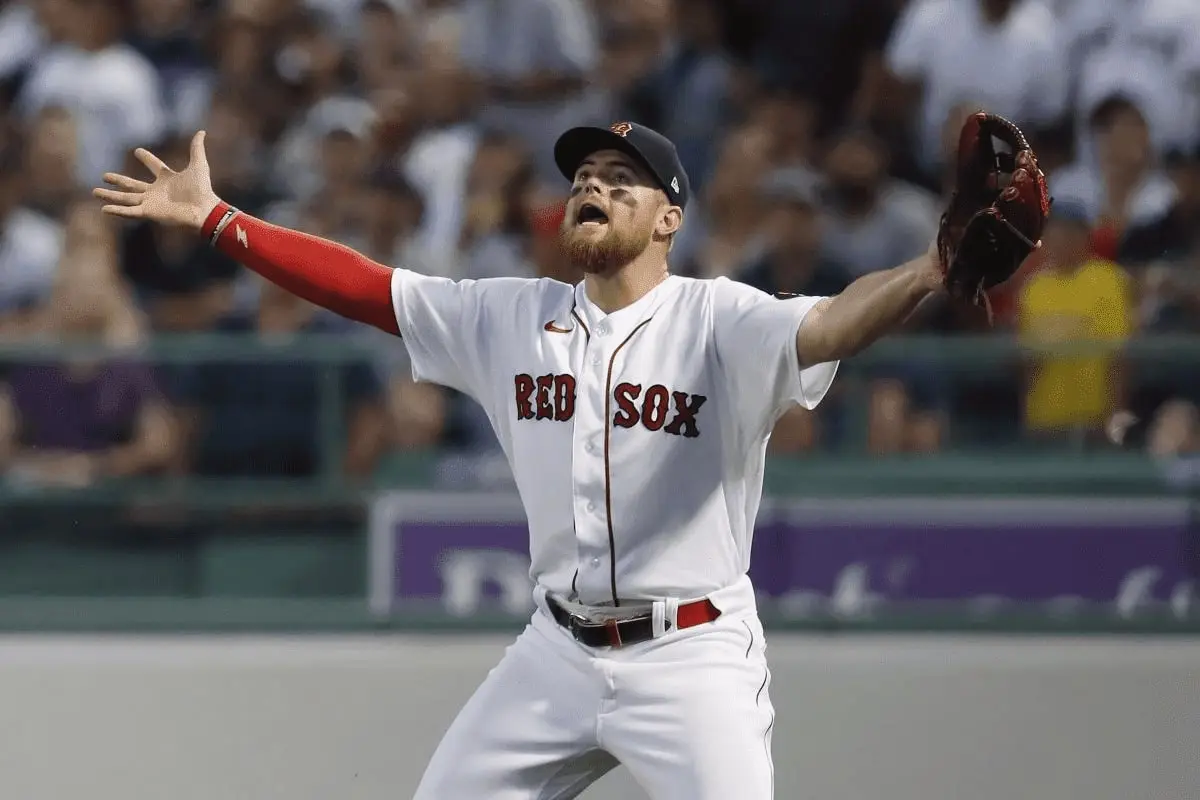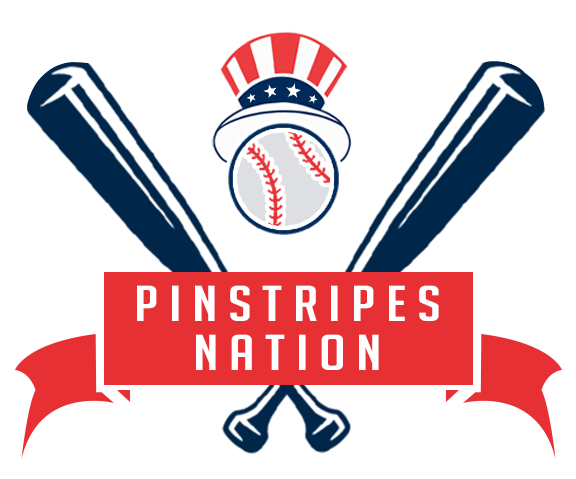Is the strict Yankees grooming code keeping top talents away?

John Allen
More Stories By John Allen
- Mother’s Day: How Anthony Volpe’s mom molded him into a Yankee phenom
- Steinbrenner ‘got ears’ to hear Yankees’ challenges, yet no gurantee of change
- Michael Kay’s show heading to December ending amid uncertainty over ESPN deal
- Yankees’ Gleyber Torres projected to sign with NL West contender
- Yankees keeping tabs on Santander while Soto decision looms, says insider
Table of Contents
A few days ago, former Yankees outfielder Cameron Maybin claimed that the Yankees could be more attractive to top baseball talent by dumping their appearance code. Maybin expressed on X that the Yankees’ “strict” facial hair policy has been a deterrent for players.
This might be an unpopular take to Yankees fans, but you’d be surprised how much more attractive the Yankees would be if they got rid of that facial hair rule. You wouldn’t believe how many quality players just think it’s a wack rule to have. I mean cmon we’re coming up on 2024…
— Cameron Maybin (@CameronMaybin) December 7, 2023
He mentioned that many players find this rule outdated and view it negatively, believing that letting go of such a regulation, especially as the calendar approaches 2024, would enhance the team’s attractiveness. Maybin clarified that his perspective stemmed from conversations and personal experiences during his time playing in the league.
Andrew McCutchen, a former MVP and outfielder for the Pittsburgh Pirates, concurs with Maybin’s perspective. McCutchen briefly played 25 games with the Yankees in 2018.
McCutchen expressed his perspective on “The Sports Bubble” podcast with Jensen Karp in 2020, stating that he believed the rule took away from the individualism of players and people. He mentioned that players express themselves in various ways and felt that the rule restricted that individual expression.
How far the Yankees’ facial code affect players
The longstanding rule prohibiting beards or hair below the collar for New York Yankees players was established by the late owner, George Steinbrenner, upon acquiring the team in 1973. This policy permits mustaches but enforces the shaving of beards, as exemplified by the recent trade of outfielder Alex Verdugo from the Boston Red Sox, who will need to adhere to the Yankees’ grooming standards.
Soon after the New York Yankees acquired Juan Soto following a blockbuster trade with San Diego, their new power hitter appeared on Zoom sporting a polished appearance. His cheeks were free of stubble, and his hair had been neatly trimmed, not a single curl escaping beneath his freshly adorned Yankees cap.
But this level of presentation is not always guaranteed for the club’s new additions, as many players often require some grooming adjustments upon arrival. Many have to confront a decision unique to the Yankees: whether to conform to the team’s longstanding prohibition on beards and long hair or risk finding himself on the bench.
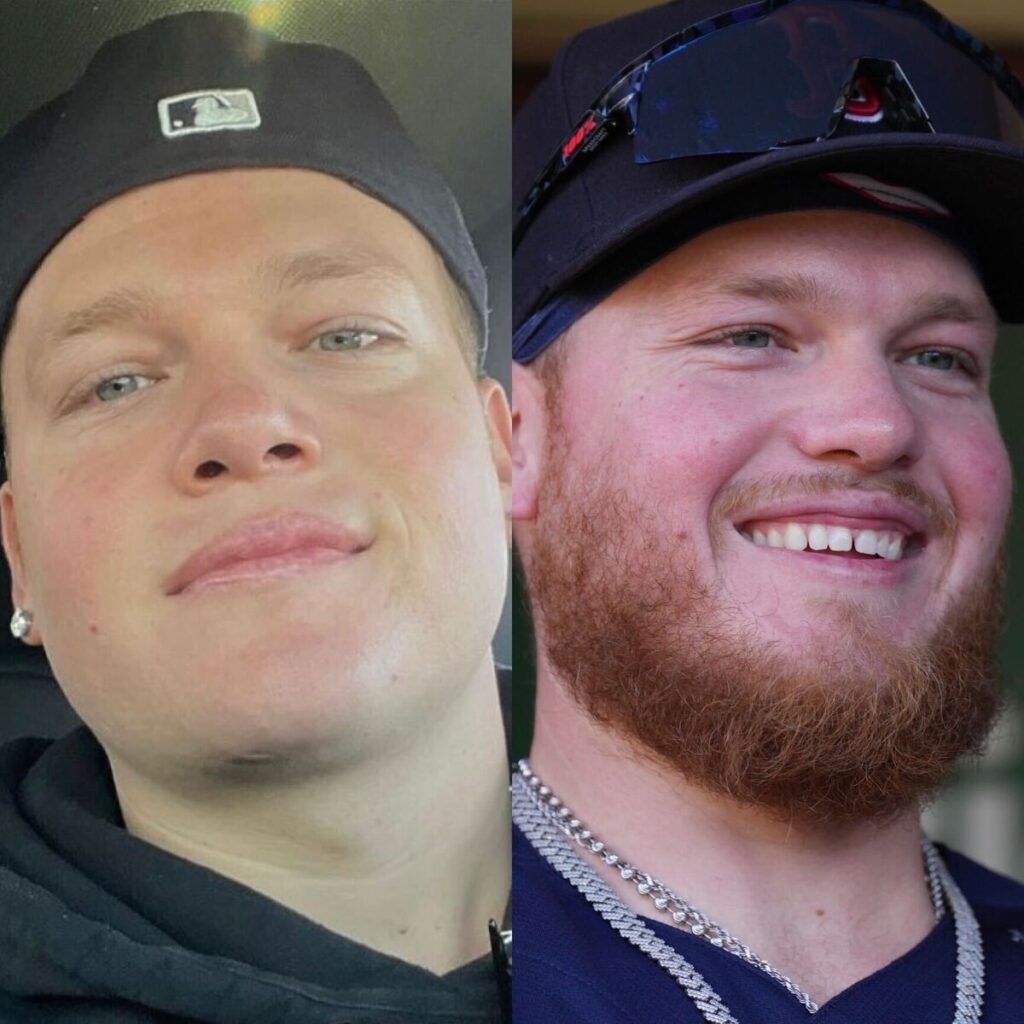
The Yankees, known for not having player names on the back of their jerseys, continue to uphold an appearance policy established by an owner who passed away in 2010. This adherence to tradition sets them apart from other teams. However, in a time when facial hair is widely accepted, even in corporate settings, the team’s stringent grooming rules have prompted a former Yankee to openly speculate about the potential impact on the team’s ability to attract new players.
To clarify, numerous notable players throughout the years have been willing to conform to Yankees grooming standards, such as cutting their hair or shaving their face, as long as the financial compensation was substantial.
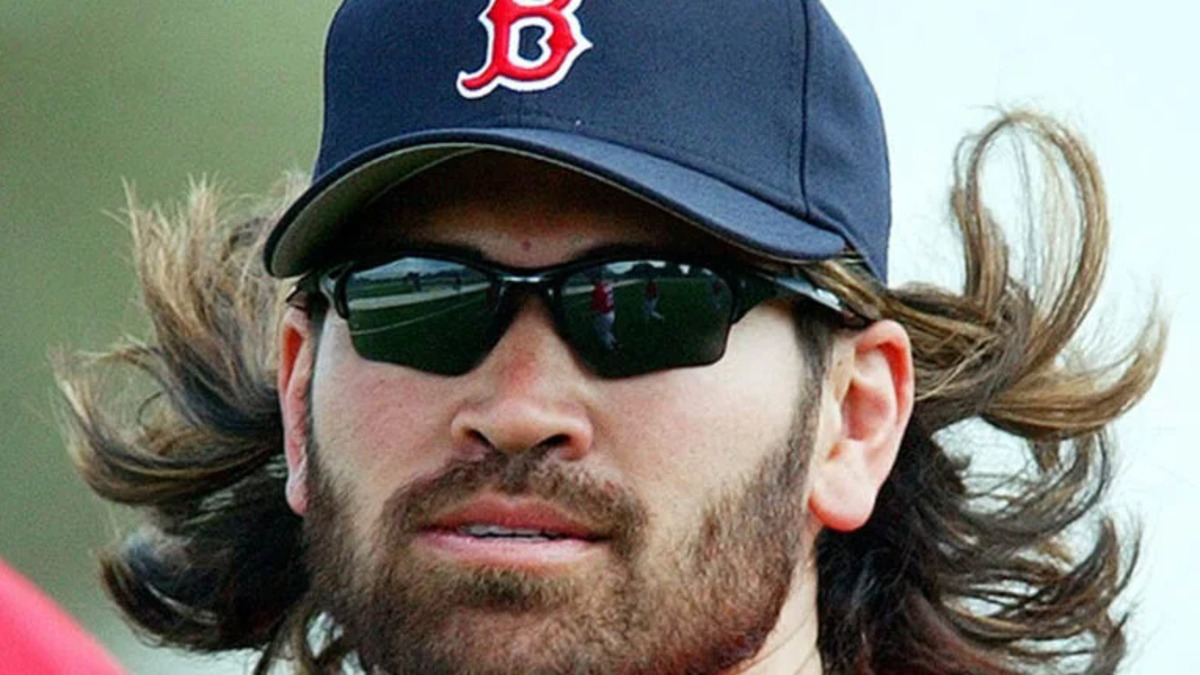
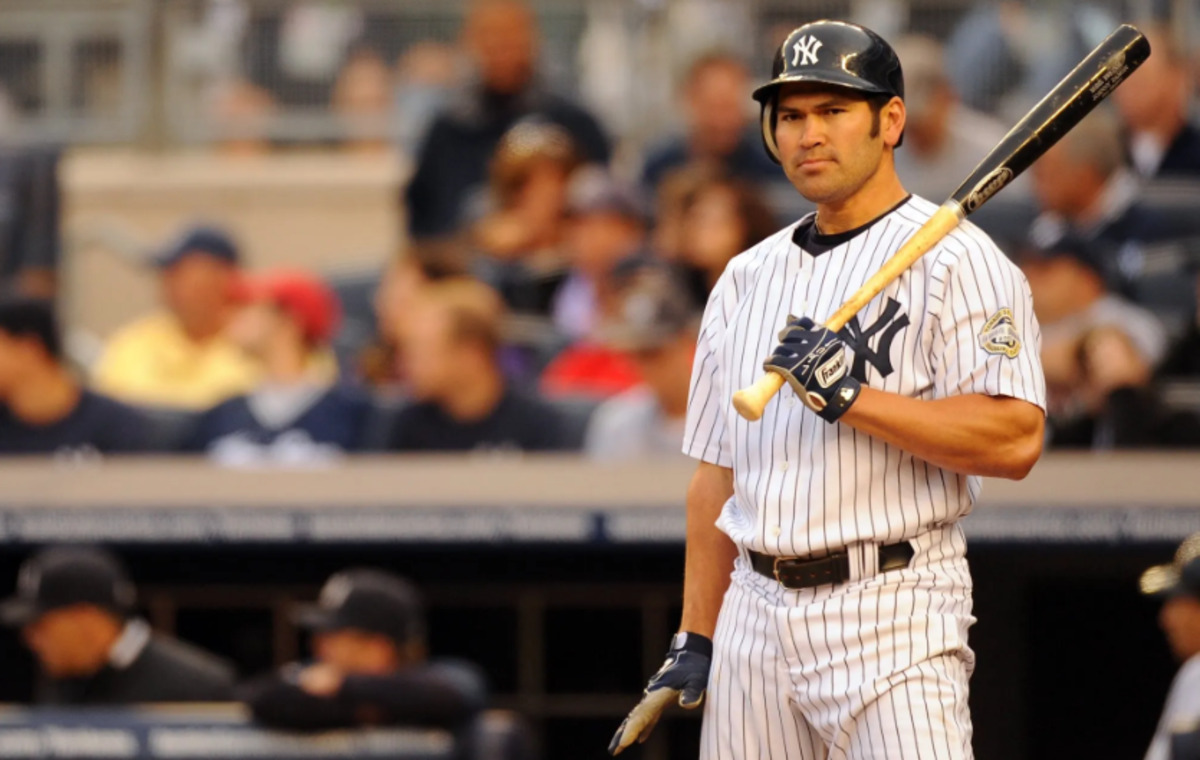
The regulation, permitting only a well-groomed mustache, didn’t deter bearded free agents like Gerrit Cole (who signed a $324 million deal in 2019), Carlos Rodon (who secured a $162 million contract in 2023), or Johnny Damon (who inked a $52 million deal in 2005). It also didn’t hinder a 2005 trade that relocated future Hall of Famer Randy Johnson from Arizona to New York. Johnson, not typically associated with compromise, agreed to forgo his no-trade clause — and trim his lengthy, unkempt mullet — in exchange for a two-year, $32 million contract extension.
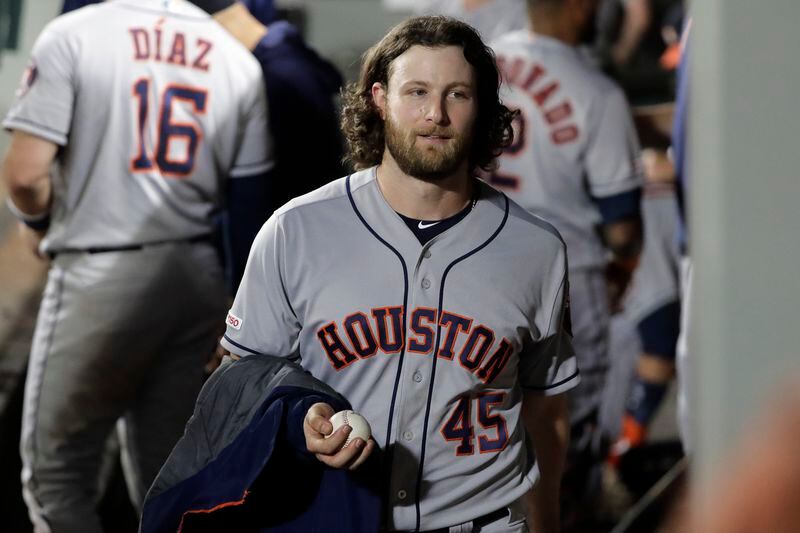
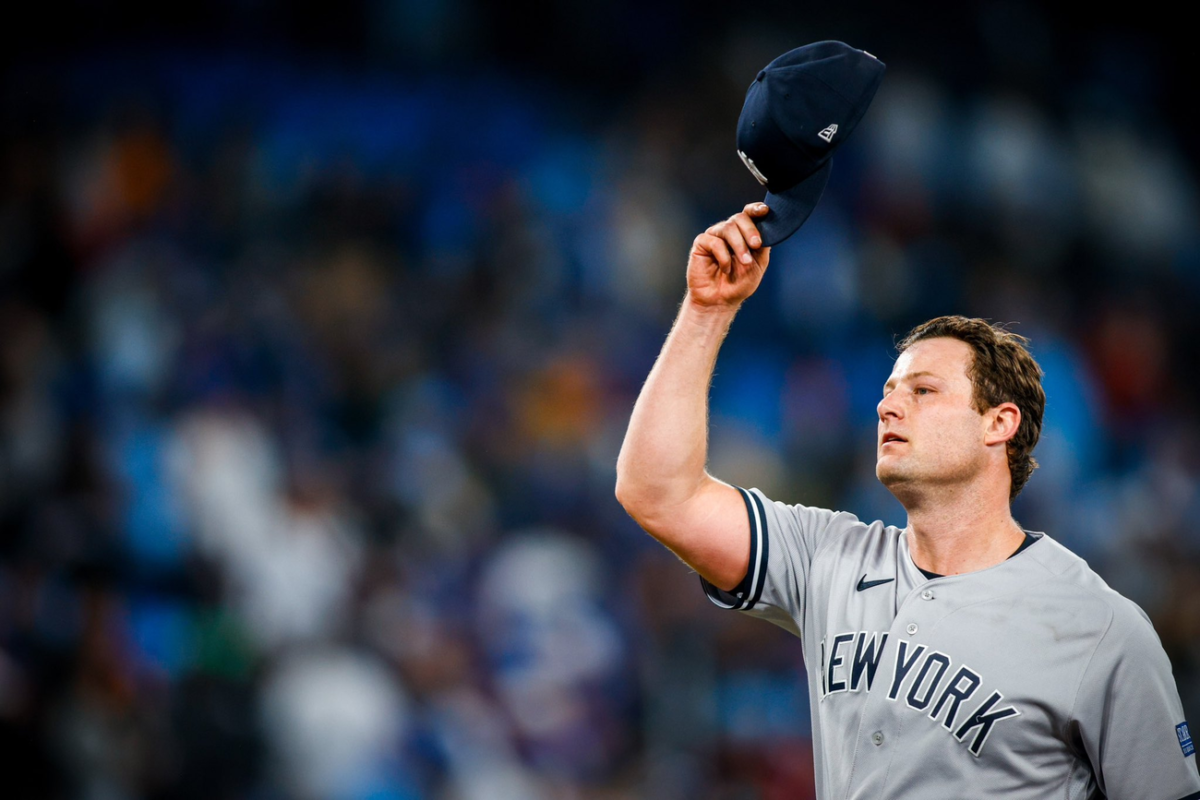
Damon expressed a lack of surprise regarding the continuity of the policy, citing his belief that to be a part of the Yankees, adherence to their regulations is necessary. He highlighted the importance of complying with the team’s rules, especially considering the higher compensation received from the organization compared to other teams.
Damon, recognized as a free-spirited individual during his initial stints with other teams, does harbor a single regret about how he managed his shift to the team. He mentioned that the Yankees directed him to someone who aimed to ensure a neat appearance. Reflecting on the situation, he expressed regret, wishing he had chosen to go for a Mohawk directly. He noted that everything occurred hastily within a span of two days, expressing a desire for more time to make a personal decision.
When the policy led to discontent
The Yankees chase for Brian Wilson, the closer with potential to take the place of retired Mariano Rivera, fell through in 2013 after the closer refused to shave off his beard.
Brian Wilson's agent told Brian Cashman that Wilson won't shave his beard. "Cross him off the list," Cashman said.
— Mark Feinsand (@Feinsand) November 13, 2013
In a landscape where most players aim to maximize their earnings through free agency, openly stating a refusal to consider the Yankees could be detrimental to their business. However, Aneudys Duran, a personal barber catering to numerous major leaguers, suggests that the grooming restrictions are a factor that players take into account when contemplating joining the team.
Duran, known for styling some of baseball’s prominent figures like Aaron Judge, Mike Trout, and Max Scherzer, shared that he has encountered players expressing a desire to sign with other teams due to the Yankees’ grooming policy. While he respects the policy to a certain extent and doesn’t endorse excessively long hair or unruly beards, he believes the team could afford to be less stringent in its enforcement.
According to him, the policy had existed for such an extended period that it rarely garnered discussion unless a player was traded. He highlighted that in such cases, the sudden realization would hit the player that they’d have to shave and alter their appearance, prompting reactions like, “Oh no, I have to change my look.” He suggested that if the approach remained respectable and orderly, there could be some relaxation allowing the younger players to express themselves authentically.
Individuals who have experienced the Yankees‘ grooming standards mention that it’s simply a component of the cost associated with playing for one of the top organizations in the game.
Even Don Mattingly, the ex-Yankees captain who had a public clash with the team regarding the policy — and had his haircut lampooned on “The Simpsons” — remarked that players typically discover a means to navigate such situations.
Mattingly expressed a viewpoint suggesting that such a rule shouldn’t hold significant sway if a player desires to play in a particular team. He recalled his own experience when his long hair led to being benched for a game back in 1991. During that period, he openly criticized the rule, even offering to relinquish his captaincy and expressing doubts about his alignment with the organization.
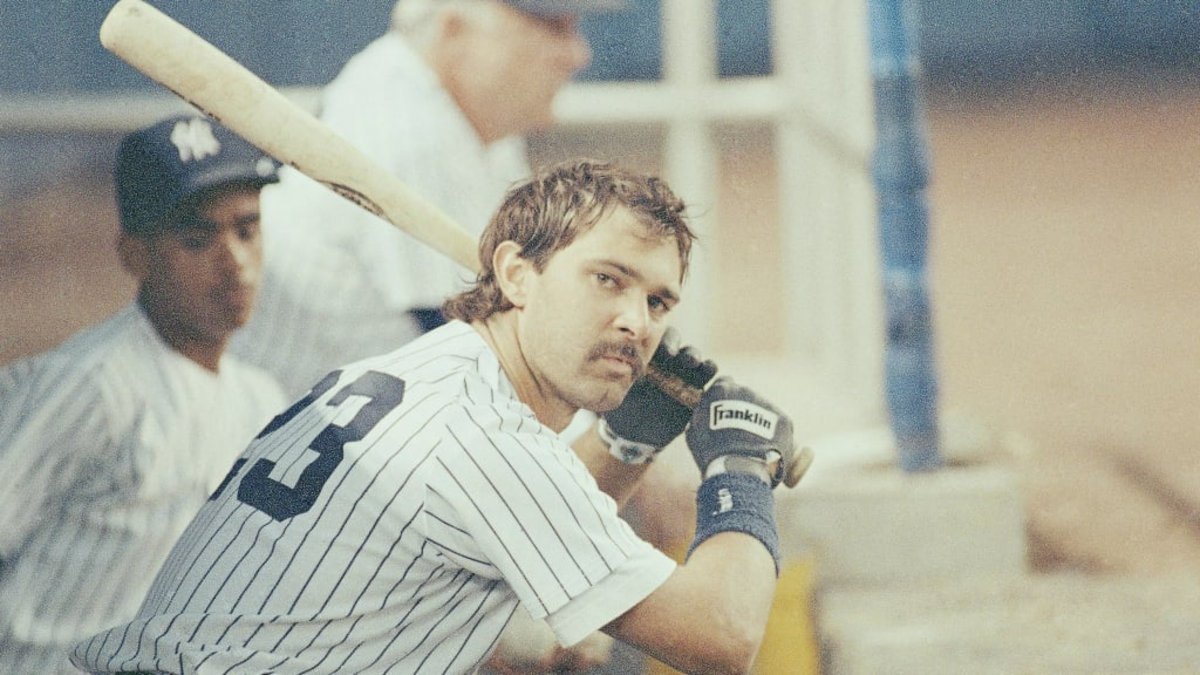
His perspectives have mellowed over the passing decades.
Reflecting on the past incident, Mattingly, currently serving as the bench coach of the Toronto Blue Jays, indicated that the issue wasn’t solely about the hair itself but rather the manner in which it was addressed. He mentioned that there were no prior discussions about cutting his hair before that particular day. The sudden ultimatum given that day—either to cut the hair or not play—left him feeling unsettled. Mattingly expressed that if approached differently, such as a simple request to trim the length, he would have willingly complied without hesitation.
When Steinbrenner initially implemented his policy, notable players such as Thurman Munson, Catfish Hunter, Oscar Gamble, and Lou Piniella were all found to be in violation of the regulations. Gamble’s distinctive Afro underwent a “drastic shearing,” and Piniella engaged in a verbal dispute with Steinbrenner regarding the requirement to cut his hair and shave.
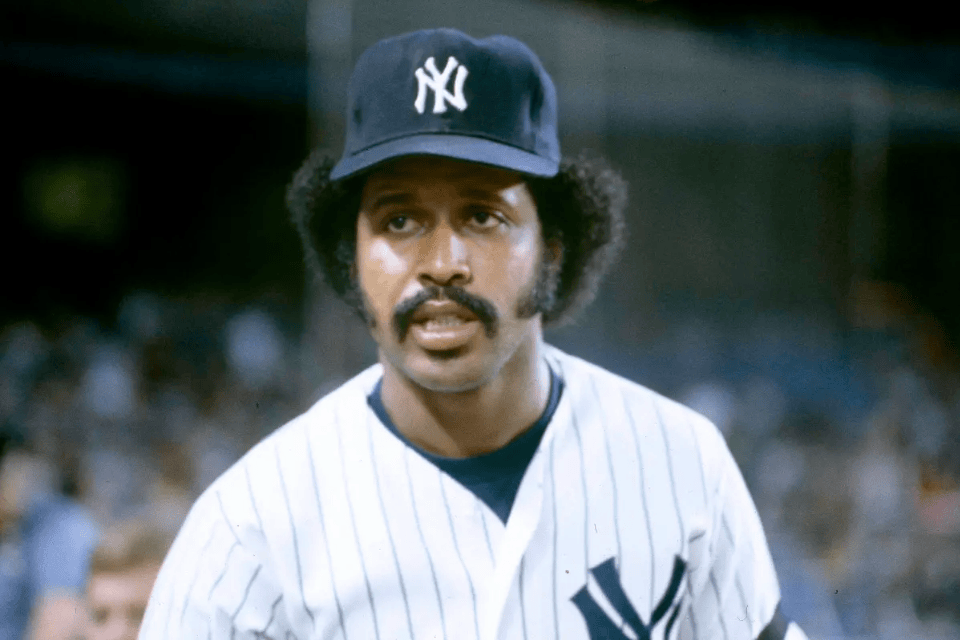
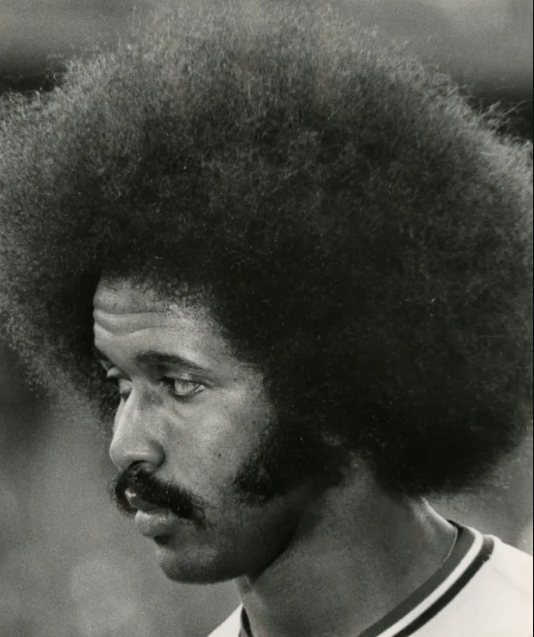
Over the years, the team has generally faced minimal challenges in enforcing the policy. Nevertheless, there have been occasional instances where players have expressed dissent. One noteworthy occurrence transpired in 2020 when Andrew McCutchen, a former Yankee, openly criticized the rules.
McCutchen had previously chopped off his lengthy locs for charitable purposes in 2015. However, he asserted that if he still possessed them when traded to the Yankees in 2018, being compelled to cut them would have posed a significant challenge for him.
Matty Conrad, a grooming expert specializing in men’s styles for GQ, feels that the notion of regulating individuals’ appearances beyond the workplace is becoming antiquated. He emphasized that facial hair serves as a significant aspect of personal expression, stating that it’s challenging to support those who aim to suppress this form of individuality by imposing the belief that professionalism is restricted in such expressions.
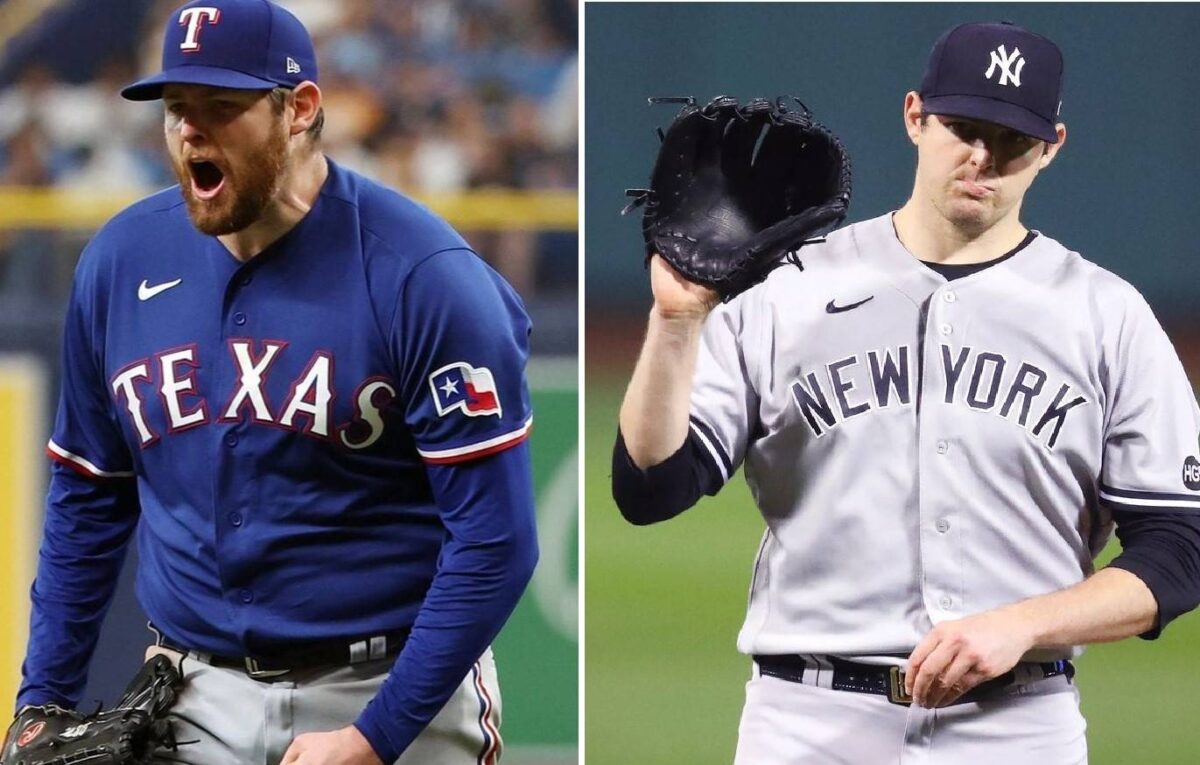
Arguably the most definitive indication that the Yankees’ grooming policy lacks popularity among players is the fact that numerous individuals, including Jordan Montgomery, a former Yankee pivotal in the Texas Rangers’ recent World Series victory, promptly grow beards once they transition to other teams.
Regardless of its level of favorability, the policy has endured over time, enduring even the satirical portrayal of Mattingly’s sideburns in a 1992 episode of “The Simpsons.”
What do you think? Leave your comment below.

 Follow Us
Follow Us
